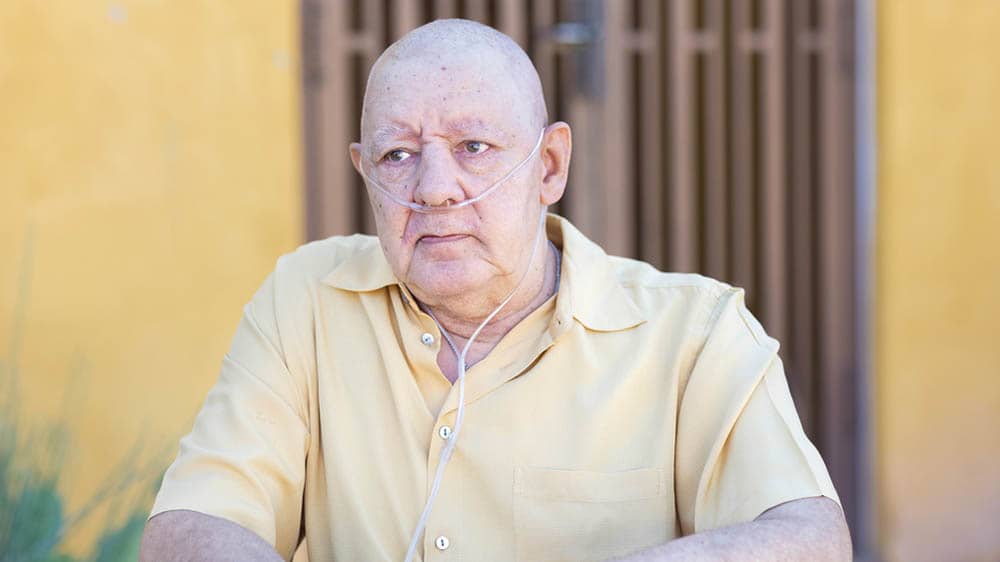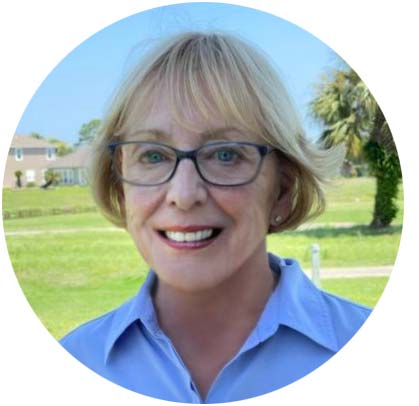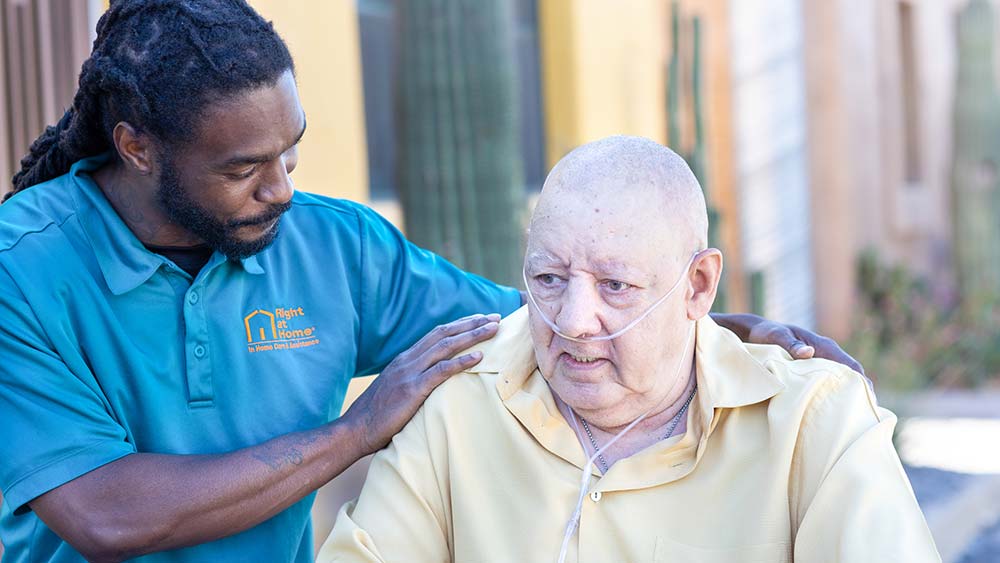

Tips for Helping Seniors Cope With Grief
Everyone will likely experience losing a loved one or friend at some point in their adult lives. But for the elderly, the grief they experience can be different because they often lack the support system that younger adults have. Older people may also be more susceptible to severe health problems due to increased stress levels combined with existing physical and mental health issues.
How Grief Affects Older Adults
For the elderly, grief can cause many physical and mental health side effects and worsen current health problems. The effects of grief can lead to many health issues, including:
- Difficulty breathing: Stress and anxiety can result in shortness of breath.
- Low energy: Feeling tired or weak or a lack of sleep.
- Lowered immunity: Studies show older adults are more prone to infections because they can’t maintain a balance in stress hormones. The imbalance relates to the physical and emotional effects of grief. Prolonged stress can result in adrenaline and blood pressure issues, causing chronic medical conditions.
- Appetite changes: Older people may experience an increase or decrease in appetite, causing binge eating or loss of appetite. A queasy stomach and irritable bowel syndrome also are possible.
- Aches and pains: Aching muscles and joint pains caused by elevated stress hormones can follow a loss. If the aches and pains persist, a doctor visit is in order.
- Cardiovascular problems: “Broken heart syndrome,” a symptom of grief in the loss of a loved one, causes a temporary disruption of blood flow to one section of the heart, mimicking a heart attack with shortness of breath and chest pain.
- Psychological problems: Depression and anxiety are serious medical conditions. According to the National Institute on Aging, if depression lasts more than two weeks, the senior should seek medical help. Help could include medication, therapy, and support groups.
- Cognition problems: Many seniors may also have dementia, such as Alzheimer’s disease, or other cognitive problems, making it difficult to express themselves or understand others. Agitation and angry outbursts are possible.
Tips To Address Isolation Following Loss
The Center for Grief and Trauma Therapy notes that in addition to the physical and emotional problems, the elderly often experience loneliness, especially when the deceased person is a spouse. The following are ways you can help lessen their loneliness.
- Reach out and help: Don’t wait to be asked for help. Decide ways you feel comfortable helping them, such as grocery shopping, meal preparation, and transportation to appointments.
- Share the memories: Ronald Reagan once said, “Wherever a beautiful soul has been, there is a trail of beautiful memories.” Sharing memories can help them process their grief. Help them get started by sharing your memories.
- Keep them company: After the funeral, when many family members and friends have departed, the older adult may become isolated. Join them for lunch, walks, or a shopping trip. If you can’t be there in person, call them or arrange a video chat.
- Encourage social connections: If the senior has been socially active, encourage them to stay in touch with friends and continue with community activities. If not, encourage participation in clubs and organizations that are of interest to them. Check out senior and community centers.
- Consider in-home care: If you or others can’t provide help, in-home caregivers are an option. Professional caregivers can offer help with shopping, transportation, meal preparation, and keeping them engaged through companionship.
How Right at Home Can Help
No one should have to deal with grief in isolation. Your help is invaluable, but when family or friends can’t be there, a Right at Home compassionate caregiver may be the answer. Right at Home offers a range of in-home care options for seniors and adults with disabilities. Whether helping with dressing and hygiene, providing medication reminders, or simply providing companionship, Right at Home’s trusted and reliable caregivers are trained to assist with all types of needs and deliver an exceptional care experience. Use our office locator to find the office nearest you to find out more.
Interested in receiving ongoing tips, advice and information related to the aging journey? Subscribe to our monthly newsletter to get it delivered straight to your inbox.







